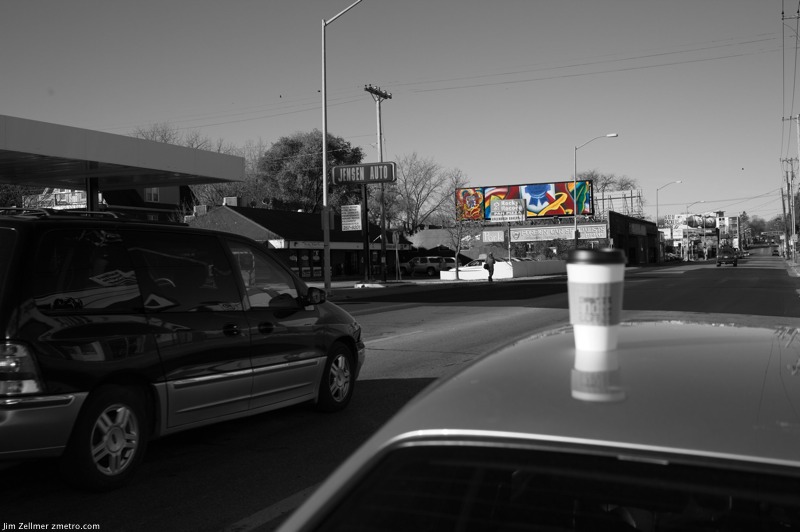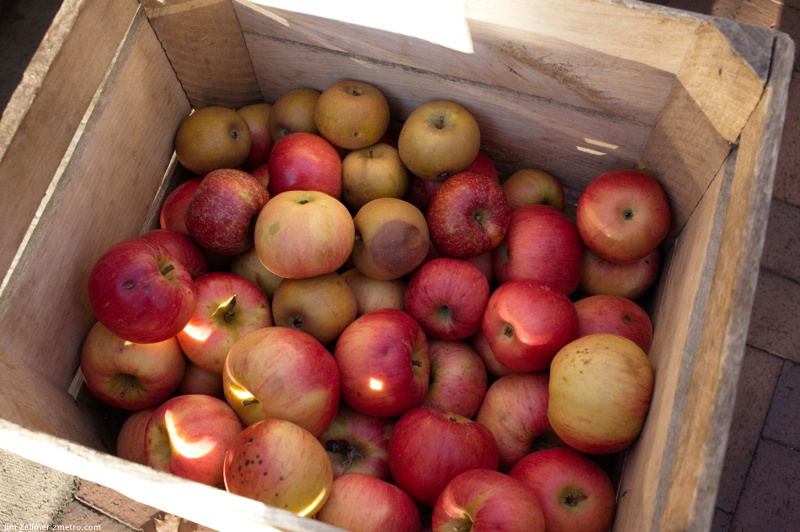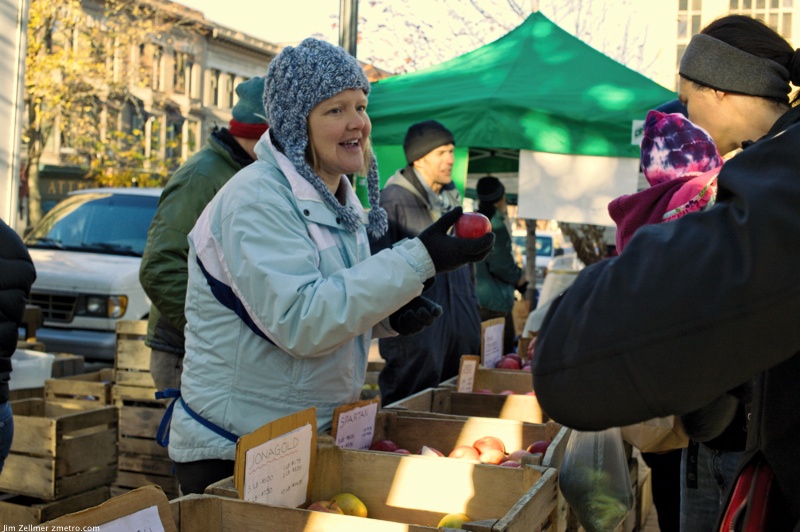The Economist Intelligence Unit
razil is world’s fifth-largest country by geographical area and the largest in terms of arable land. Although only a fraction of its land is exploited, the country produces a highly diverse array of agricultural goods. This puts Brazil in a unique position to lead the global agricultural sector in the medium to long term. With an abundant supply of natural resources–water, land and a favourable climate–it has the opportunity to be the largest agribusiness superpower, supplying the world market while also providing affordable food for its own population.
The country already ranks as the top global supplier of products as diverse as beef, orange juice and ethanol, and is expected to continue to expand its exports in other areas as well, such as cotton, soybean oil and cellulose. Its markets are also diverse: China is now the largest market for Brazilian agribusiness products, and sales to Eastern Europe, the Middle East and Africa are also growing rapidly.
To maintain this trajectory, Brazil must build on the significant improvements in productivity that underpin its current success and overcome the barriers to full realisation of its potential. Obstacles range from scarcity of credit to logistical logjams, from protectionist measures in key markets to environmental concerns.
Frontier regions are a testament to what is right, and wrong, with Brazil’s agribusiness sector. The rich harvests from the country’s vast hinterland have more than paid back public and private investment in research to create new plant varieties adapted to the region’s soil and climate. Large-scale production and professional management have helped to offset the high costs and tight margins of farming such areas. Attracted by the promise of growth, investors have both financed agriculture’s expansion and provided technological know-how. Yet agricultural endeavours in these regions are burdened by inadequate transport and insufficient storage capacity. Productivity in such segments as beef production and corn remains low. Margins remain tight.





